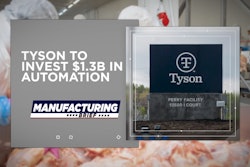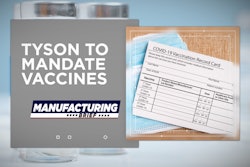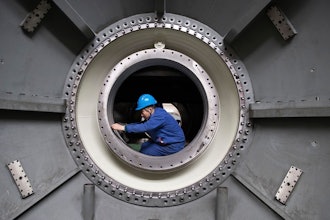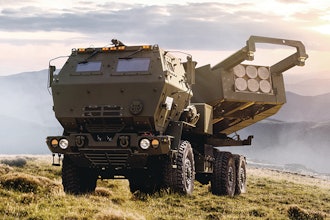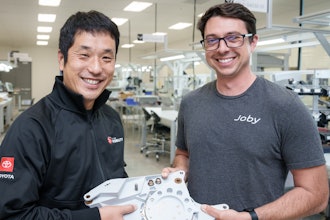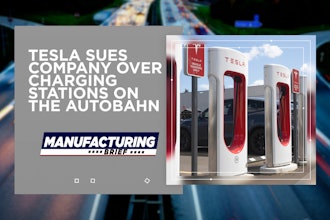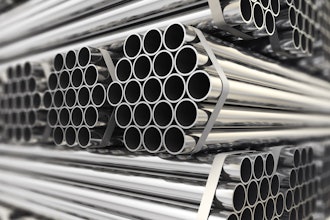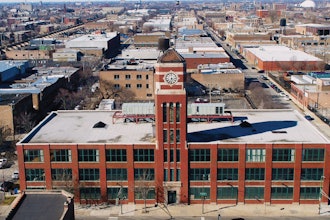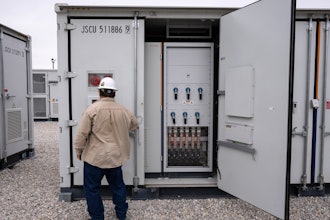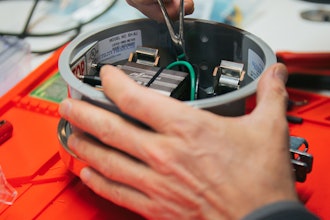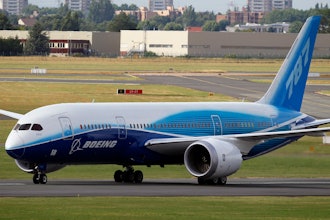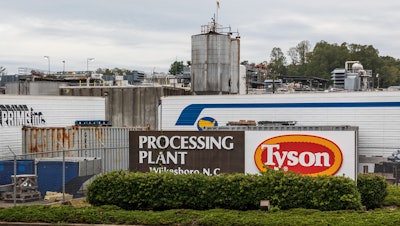
Meat processing giant Tyson Foods reported its 2021 third quarter fiscal results on Aug. 9, and in its earnings conference call with analysts later that day, the company spoke candidly about operational impacts it’s experiencing from an ongoing labor shortage amid the COVID-19 pandemic.
 Banks
Banks
“Labor is our single biggest issue we face. Not only in Chicken, but also in our other businesses. We've increased wages and created flexible shifts, child care on-site clinics. The Delta variant has been a disruptor. We were on a good trajectory and then the Delta variant showed up and we've taken a step back as a result of that. We've got plans to mitigate that. But the health and safety of our team members are our highest priority. We are more inefficient than we have historically been. Certainly, a big part of what we have to solve, but essentially it takes us six days to get five days worth of work.”
WEBINAR: Using Analytics to take Action in Food Processing
King said that, on any given day, at least 10 percent of Tyson’s factory positions aren’t filled, an absenteeism rate he described as “really unusual” and up about 50 percent compared to pre-COVID.
 A Tyson Fresh Meats plant stands in Waterloo, Iowa, date not known.Associated Press
A Tyson Fresh Meats plant stands in Waterloo, Iowa, date not known.Associated Press
On Aug. 3, Tyson announced that it was requiring COVID-19 vaccinations for its entire US workforce by Nov. 1. The company said about half of its approximately 139,000 employees had already been fully vaccinated as of that announcement, and the company said an additional 5,400 had been fully vaccinated or received their first dose by the earnings call six days later. Tyson is offering a $200 incentive for employees to get their shots.
That’s alongside the company raising wages in many markets to make Tyson the “most sought-after place to work in the communities we operate,” as King reiterated several times in the earnings call. He added that Tyson is piloting childcare facilities at some of its plants and have opened medical clinics to make healthcare more accessible to team members and their families.
Additionally, King said, Tyson is accelerating investments in automation and advanced technologies to make workers’ jobs easier by eliminating more difficult, hard-to-fill tasks, while the company works to reskill its labor profile to enable employees’ contributions to more value-added activities.
Tyson said it incurred direct incremental expenses associated with the impact of COVID-19 totaling about $55 million in Q3 and $270 million for the first nine months of fiscal 2021.
 In this May 1, 2020 photo, a sign sits in front of the Tyson Foods plant in Waterloo, IA.Associated Press
In this May 1, 2020 photo, a sign sits in front of the Tyson Foods plant in Waterloo, IA.Associated Press
Despite the labor issues, the April-June quarter was a big one for Tyson, as it netted a profit of $749 million — up 43 percent from a year earlier — and operating profit of $1.06 billion jumped 37.4 percent. Total Q3 sales of $12.5 billion jumped 25 percent year-over-year. Total volume increased 9.7 percent year-over-year, led by a 24.0 percent jump in beef and 14.5 percent increase in pork. Beef, which is Tyson’s largest segment at 40 percent of its Q3 business, sales jumped 35.6 percent year-over-year; volume increased 24.0 percent; and profit increased 72.6 percent.
Tyson — led by its Tyson, Jimmy Dean and Hillshire farms major brands — has made up for additional labor costs with pricing increases. Q3 overall pricing was up 17.1 percent from a year earlier, with beef pricing up 11.6 percent; pork up 39.3 percent; chicken up 15.6 percent; and prepared foods up 9.7 percent.




